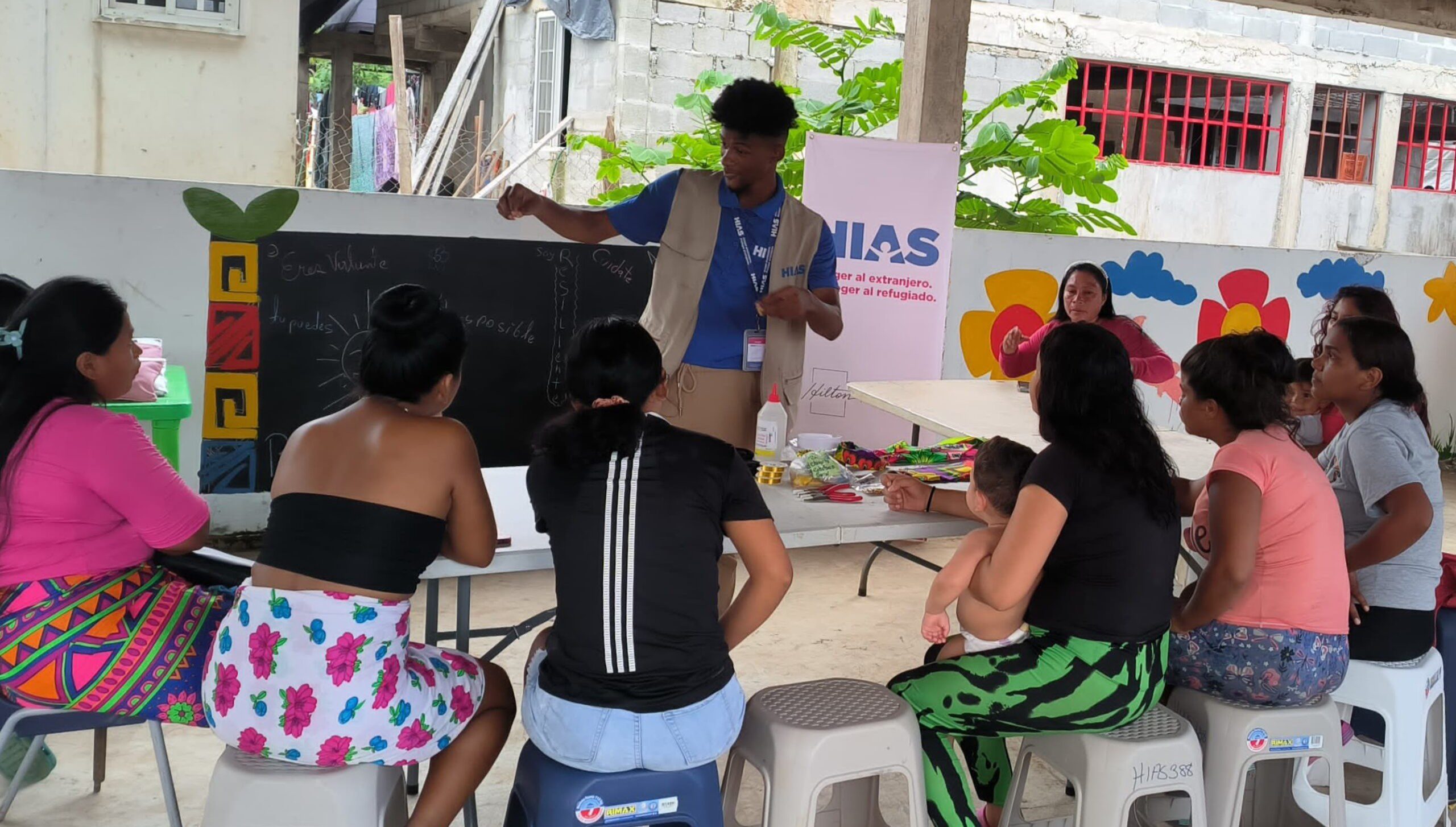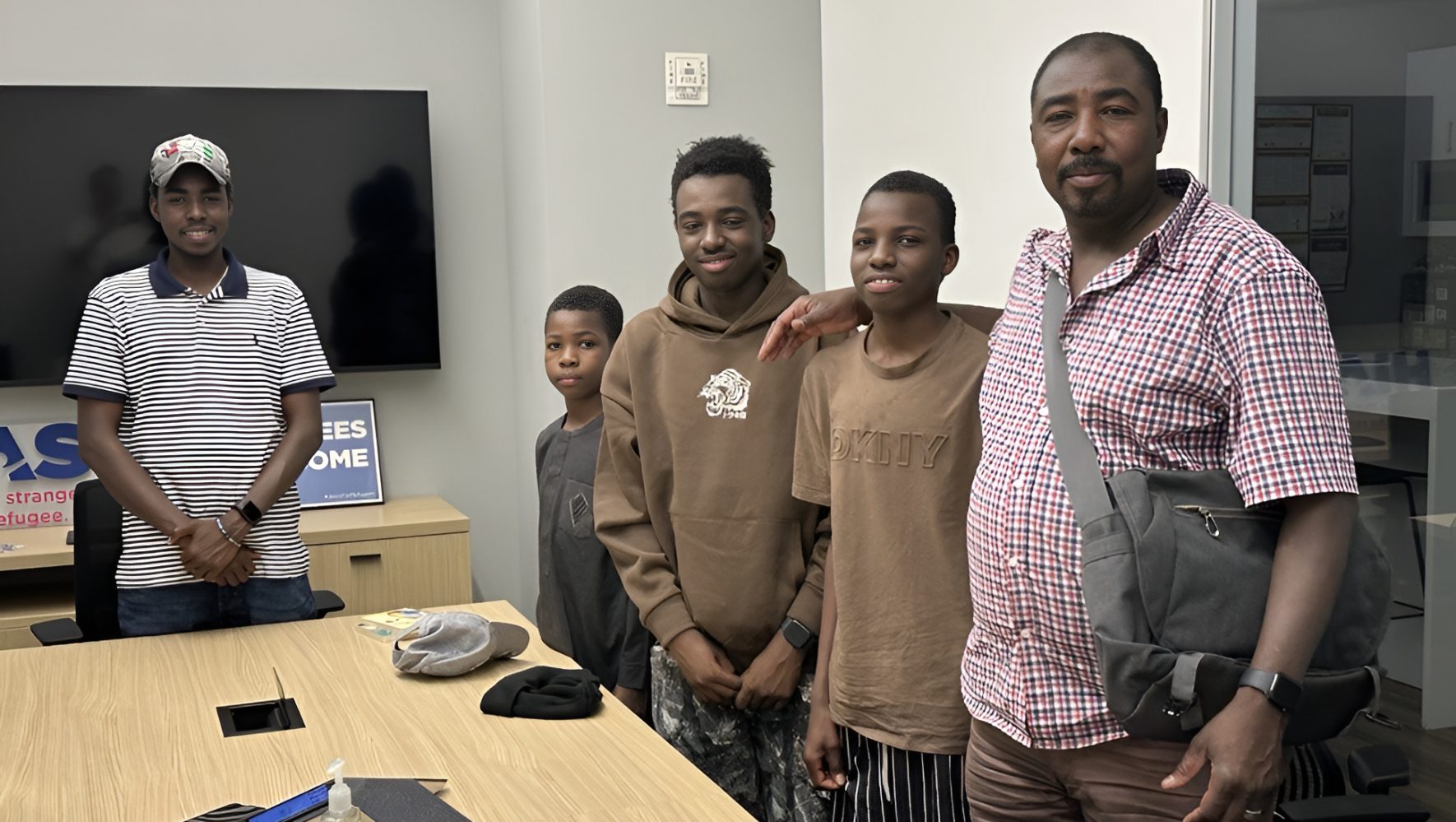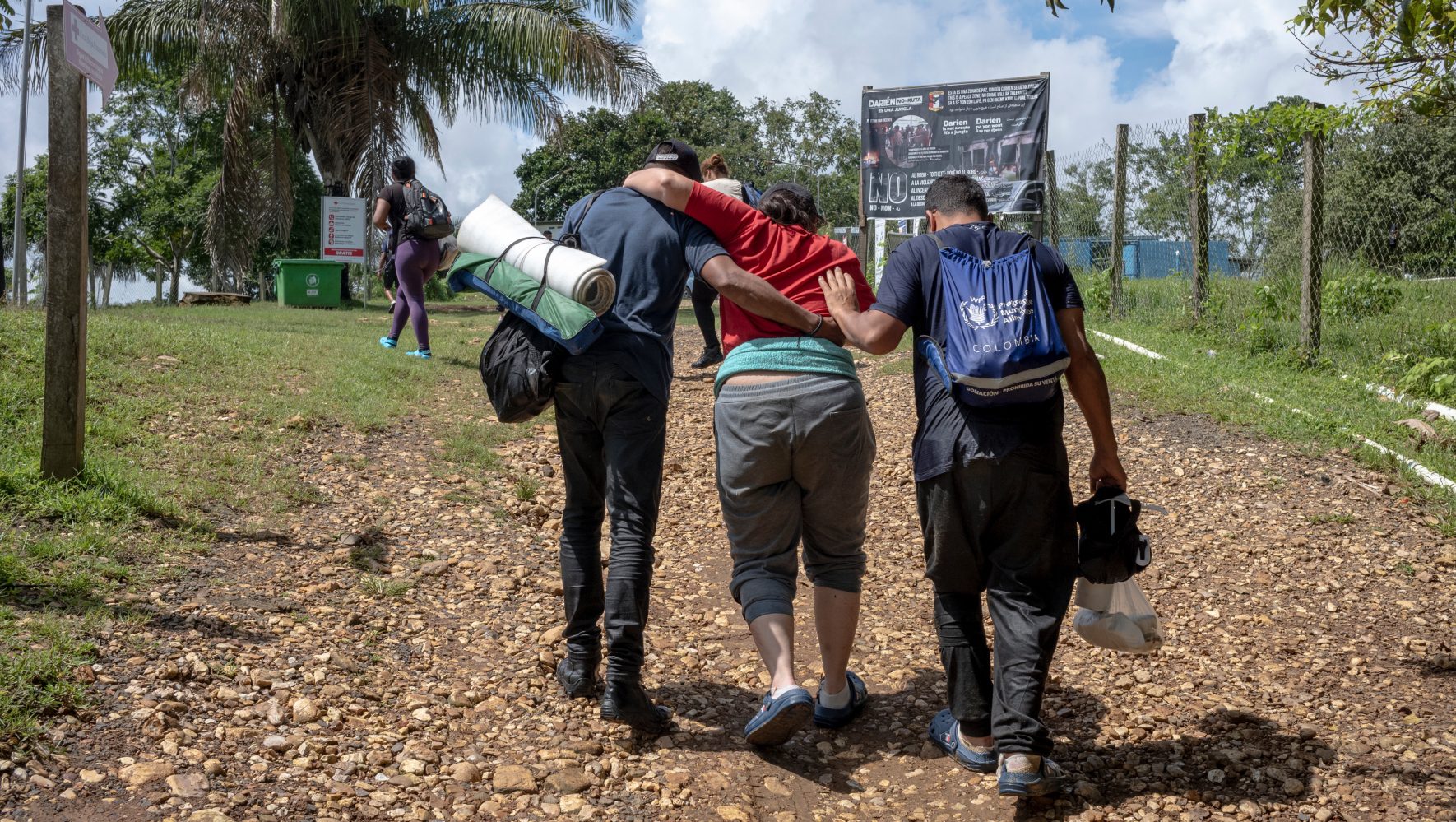
At HIAS, World Mental Health Day (October 10) is not only an opportunity to note the importance of mental health education, awareness, and advocacy, but also a recognition of the work we do every day. Our community-based programs help participants heal from trauma and feel a connection in a safe environment and quickly get the services they need. This year’s World Mental Health Day theme highlights the vital connection between mental health and work and promotes safe, healthy working environments that can act as a protective factor for mental health. HIAS continues to invest in supporting mental health, which can in turn enable social and economic development.
Here are some examples of the work we do around the globe:
- In eastern Chad, HIAS Chad supports refugees fleeing the conflict in Sudan, the largest displacement crisis in the world. We focus on assisting women and elderly people, who are most at risk in Sudan and near the Sudan/Chad border. Our teams on the ground provide efficient mental health and psychosocial support through direct interventions and referrals for follow-up care.
- HIAS Mexico provides mental health and psychosocial support to people on the move. As more family groups arrive in Mexico, HIAS has prioritized community-based interventions, focusing on women and adolescents. Our programs work to strengthen emotional identification and regulation, as well as people’s coping mechanisms, reinforcing the support networks among peers and promoting psychosocial well-being.
- As the war in Ukraine continues, HIAS Poland is delivering mental health support to Ukrainian refugees, mainly women, elderly people, and people with disabilities. Many still live in collective shelters with little privacy. Our community-based interventions encourage positive social interaction to strengthen the social connections between people, contribute to the community’s social cohesion, and ultimately improve people’s well-being.
- HIAS Panamá works to integrate host communities with indigenous populations and newcomers. Our social cohesion and integration workshops reduce stigma and xenophobia in the communities where migrants and refugees transit or seek to settle, helping them to adapt and create a shared culture. The sessions help to generate an environment of solidarity and coordination between host communities and displaced people.
- HIAS’ U.S. resettlement partner, JFCS Pittsburgh, runs a youth mental health initiative called UpStreet. UpStreet empowers teens and young adults (ages 12 to 22) to access services on their own, with no barriers to treatment. Brief support is available to both youth and parents through the online chat at upstreetpgh.org to provide low-barrier, low-stigma support. Through individual therapy services, UpStreet provides culturally sensitive services and interpretation to refugee and immigrant youth, both virtually and in-person.



